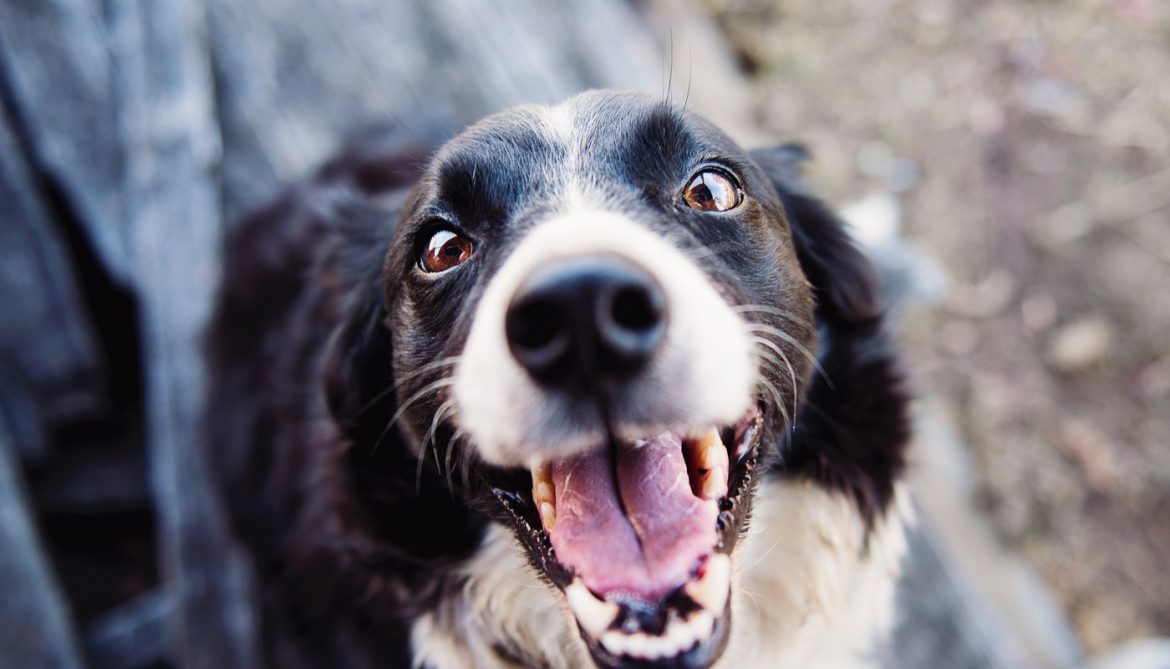Discovering that your dog is suffering through liver or other medical condition can be a difficult experience for a pet parent. It can be overwhelming especially when it comes to his/her diet. Nutrition is one of the most crucial parts of recovery when it comes to a health condition. Taking charge of your dog’s diet can help your dog recover quickly and successfully.
Liver disease
The main job of liver is to filter the blood, before passing it to the rest of the body. The liver also detoxifies chemicals, metabolises drugs and breaks down toxins. There are many causes of Liver diseases in dogs ranging from poor diet, hepatotoxicity induced by drugs or xenobiotics, other toxins, stress, vaccinosis, endocrine disorders, copper associated hepatitis, infectious agents like bacteria, virus etc.
Liver disease has many forms – from acute hepatic failure to chronic hepatitis. Muscle wasting and micronutrient deficiencies are very common in dogs with Liver disease. This makes it imperative to have effective nutritional management through a balanced diet depending on the type of liver dysfunction.
Food to Avoid
Different Liver conditions will require a different kind of nutritional management. Fresh food with bioavailable sources of essential nutrients that cater to specific symptoms is more beneficial than a common processed diet for all kinds of liver diseases.
A poor diet with high starch content or inferior quality ingredients will not help your dog’s liver regenerate or recover. Digestibility and bioavailability of ingredients are the most important factors in managing Liver disease.
List of foods you should avoid when helping your dog recover from liver disease:
- Processed food
- Food high in sodium
- Food high in starch content
- Food high in fats
- Less bioavailable protein sources
- Diet that lacks essential amino acids
- Diet with unbalanced fats and minerals
Dietary guidelines for management of Liver Disease
Stick to smaller meals
Feed smaller meals 3-4 times a day to make it easier on the gut and decrease the amount of nutrition the liver has to process at a given time.
Feed a balanced diet and high-quality protein
Processed hepatic foods have restricted protein content. But, dogs with liver disease need a normal nitrogen balance for hepatic regeneration. A diet low in phosphorus but moderate amount of protein can be achieved by avoiding meat and organs that are high in phosphorus. Chicken, Turkey, white fish, eggs are good sources of protein. For best result and quick recovery, feed a formulated diet that is fresh and homecooked according to the stage of hepatic failure. In case of Hepatic Encephalopathy (HE), dietary protein restriction is needed to reduce intestinal ammonia production and thereby prevent exacerbation of the condition. Malnutrition is common in Hepatic Encephalopathy and so it is important to feed adequate calories to avoid body/muscle wasting.
Add Omega-3
Omega-3 rich whole foods or supplements particularly fish oil have been shown to improve liver functioning. DHA is more effective in reducing inflammation, oxidative stress, fibrosis and hepatic damage. Other sources of DHA are algae, GLM etc.
Repair with milk thistle
Three compounds are extracted from milk thistle seeds. These combined are called ‘silymarin’. According to research, silymarin helps prevent and repair liver damage. Milk thistle may be hepatoprotective through a number of mechanisms: antioxidant activity, toxin blockade at the membrane level, enhanced protein synthesis, antifibriotic activity, and possible anti-inflammatory or immunomodulating effects.
Protect with antioxidant rich food
The liver is the main organ that metabolizes xenobiotics and endogenous molecules to maintain metabolic homeostasis in a dog’s body. A lot of risk factors, including drugs, poor diet, environmental pollutants, may induce oxidative stress in liver. Application of antioxidants signifies a rational curative strategy to prevent and cure liver diseases involving oxidative stress. Natural antioxidants in edible or medicinal plants possess strong antioxidant and free radical scavenging abilities as well as anti-inflammatory action. Blueberries, goji berries, red cabbage, turmeric, and herbs like rosemary, oregano, thyme can help counter oxidative damage in dogs. Vitamin E is another free radical scavenger that will help fight ongoing damage.
Zinc rich food
Low Zinc levels in a dog’s body is commonly associated with portosystemic shunting. Zinc works as both an antioxidant and antifibrotic agent for liver, and also blocks intestinal copper uptake which can prove beneficial particularly in case of hepatic copper accumulation, copper associated hepatopathy or hemolytic anemia. Zinc rich food sources – red meat, liver, eggs etc will help block copper. Legumes and seeds are not good sources of zinc because the presence of phytates impairs enteric zinc absorption.
Remove toxins and chemicals from your dog’s environment
Chemicals in household products like bleach, floor cleaners, detergents, shampoos, mosquito repellants etc can be taxing on a dog’s liver. Certain vegetables and fruits are produced using high amount of pesticide such as spinach, apples, kale, pears, bell peppers, strawberries etc. This means you should feed organic versions of these produce or avoid feeding them to your dog altogether.
Feed fresh fruits and vegetables
Liver functions better in an alkaline environment. Fruits & vegetables help alkalize your dog’s body. Too much acidity can contribute to more inflammation in the liver. Feed vegetables & fruits that have an alkalizing effect, such as – broccoli, cabbage, cucumber, radish, banana, melons etc.
Supplement vitamins and minerals
Supplements, particularly B-complex and Zinc, will help your dog recover quickly from a hepatic injury. Please ask your Vet or Nutritionist for appropriate dosage.
Probiotics
Commensal bacteria produce short chain fatty acids and help maintain balance in the dog’s microbiome & build immunity. Probiotics are particularly helpful in case your dog has been prescribed antibiotics and immunosuppressive drugs.
Liver disease can progress and become worse. Thus, dogs that initially did not require protein restriction may later benefit from restriction. Feeding a wholesome, homemade and tailored diet to your dog is one of the best and most effective ways to heal your dog’s liver, and to give him the health and energy he needs to recover.
,

